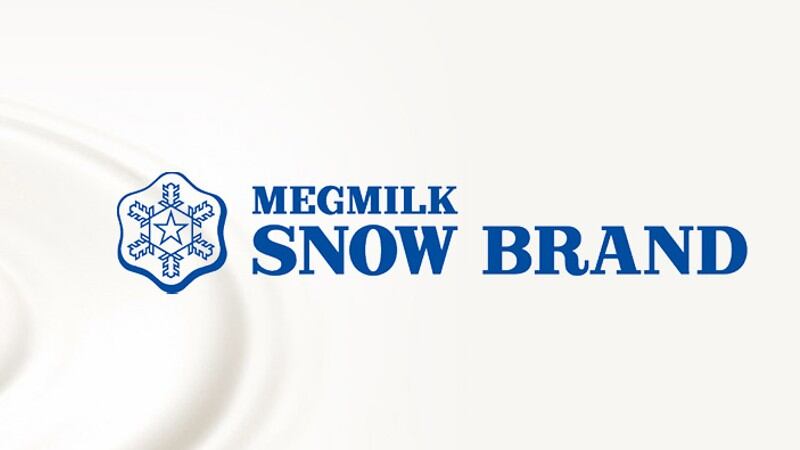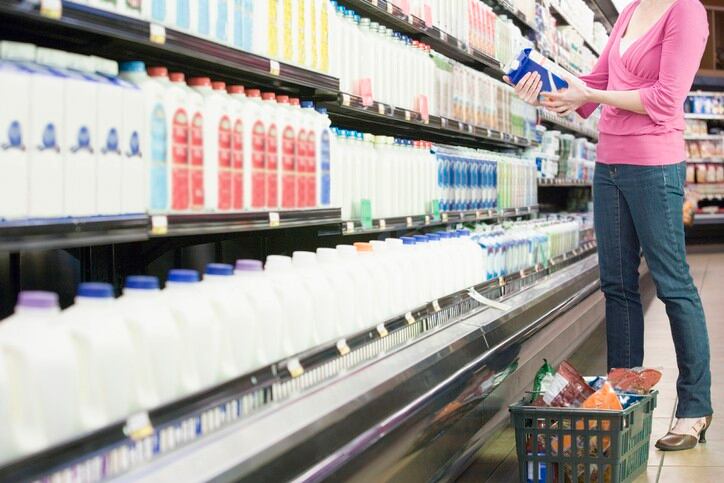Japan’s Industrial Competitiveness Enhancement Act was enacted in 2003 with the aim of revitalizing the Japanese economy by reducing over-regulation, improving under-investment, and accelerating consolidations.
In the first quarter of 2021, the government announced further amendments to this Act in the wake of the COVID-19 pandemic resulting in an overall GDP decline of 3.9%, hoping to stem this decline and break out of economic stagnation. These amendments primarily focused on sustainability and digitalisation, calling for local businesses to include more of these in their business strategies.
Megmilk Snow designed a new business adaptation plan based on the principles of the updated act last year and submitted this to the Ministry of Agriculture, Forestry and Fisheries (MAFF) for approval, which was recently granted in August 2022.
“MAFF has approved the Business Adaptation Plan submitted by Megmilk Snow Brand Co. Limited after thorough examination based on the provisions in the Industrial Competitiveness Enhancement Act,” MAFF said via a formal statement.
“The examination has found the plan to meet all the certification requirements stipulated under this law, and as such with this approval Megmilk Snow is now eligible to receive all the support and apply for the relevant tax relief measures in accordance with the act.
“This adaptation plan is expected to be implemented from October 2022 until March 2025, with a focus on improving the energy efficiency of its operations so as to reduce energy consumption and CO2 emissions.”
According to a statement issued by Megmilk Snow, the firm’s main strategy for this adaptation plan will be to improve the sustainability of its Taiki plant by 48.4% by March 2025.
“Megmilk Snow Brand is committed to addressing [sustainability] issues such as global warming and climate change, and we have set various environment-related target KPIs to do this,” the firm said.
“We have increased our 2030 CO2 emissions reduction target from 30% to 50% compared to a 2013 baseline as part of promoting decarbonization, and we are also looking at a number of forward-looking initiatives to further improve this.
“Within the Taiki plant, one of the plans is to upgrade the boilers being used to liquefied natural gas (LNG) boilers which are more energy-efficient and have less environmental impact; and are also looking to introduce facilities to ferment our leftover waste whey (a by-product of cheese production) to use this as an energy source.”
The Taiki plant is one of Megmilk Snow Brand’s primary cheese manufacturing facilities, particularly for popular local products such as its Snow Brand Hokkaido 100 range including cottage cheeses, camembert cheeses, string cheeses, cream cheeses and more.
Energy from cheese
In particular, Megmilk Snow is planning to introduce equipment pertaining to methane fermentation in the Taiki factory to process the waste whey into energy, citing the use of methane gas as the most energy-effective means at this point to do this processing.
“The construction of the methane fermentation treatment facility will begin this year in FY 2022, and we expect this to be completed by April 2023,” said the firm.
“As such, the estimation is that this facility will begin operations in FY 2023, and this should be full-load operations [and not just] pilot tests.”





